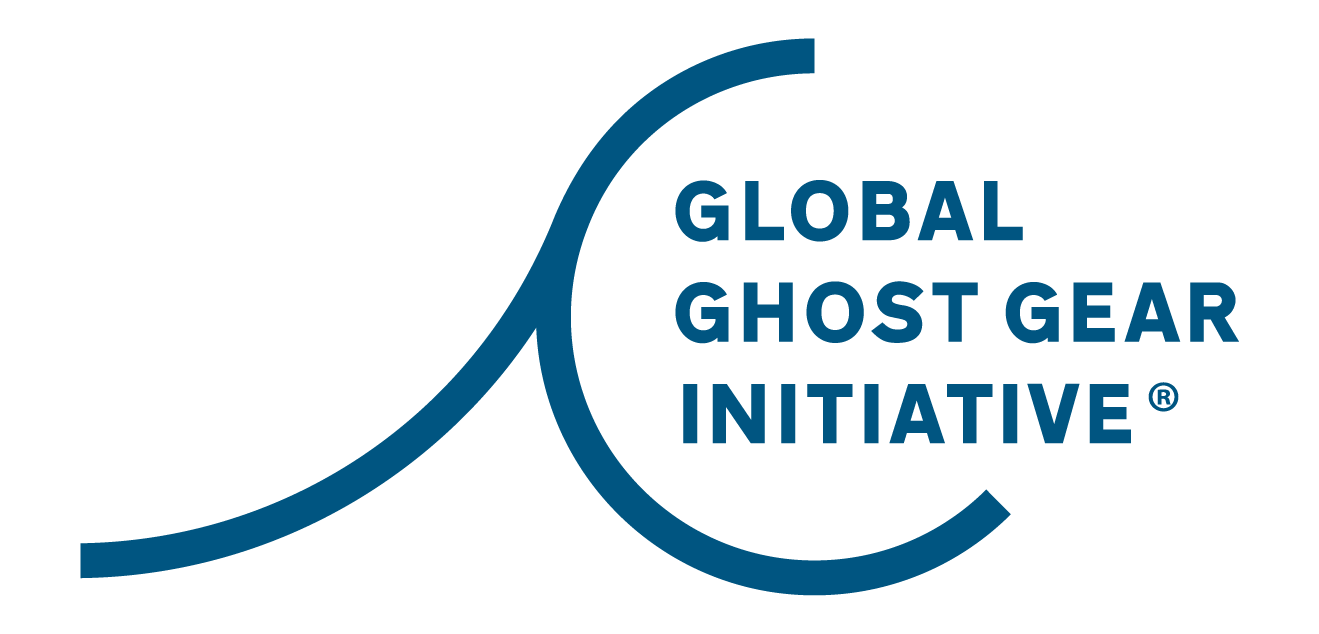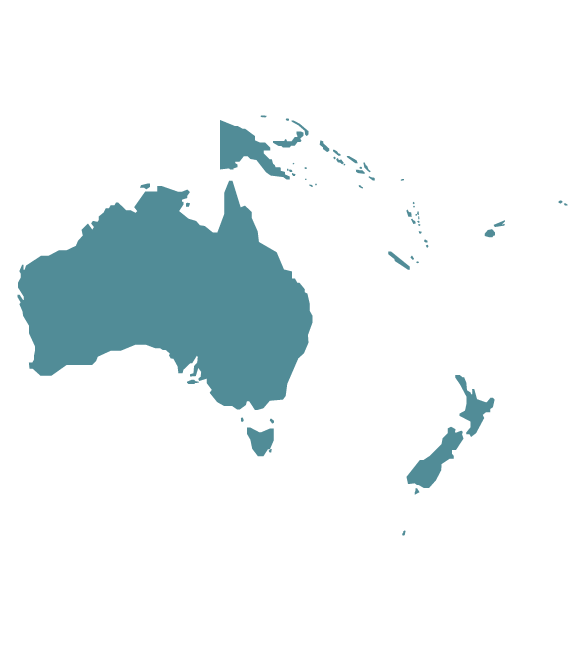Our
projects
Projects on this page are divided into two categories: GGGI Signature Projects and GGGI Small Grants.
GGGI Signature Projects are collaborative projects that have been designed by and funded through the GGGI involving several GGGI members and other partners contributing to large-scale and often multi-phase projects.
GGGI Small Grants are projects are funded through the GGGI Small Grants Program, which is a competitive bid-based program open to GGGI members only, pending available funding. GGGI Small grants typically involve one or more GGGI members working on specific projects in select geographies.
GGGI projects by region - select a region and then click “explore” to see projects from each region
All Projects
Search by Category
- Africa 3
- Asia 5
- Capacity Building Workshops 11
- Central and South America 1
- Data Collection 13
- EOL Gear Collection/Recycling 12
- Europe 4
- Fisher Interviews 9
- Gear Removal 24
- North America 14
- Oceania 2
- Outreach and Education 20
- Predictive Models 5
- Side Scan Sonar Surveys 5
- Technology Testing 8
- UAV Surveys 4
GGGI Signature Project - North American Net Collection Initiative (NANCI)
Our signature North American Net Collection Initiative (NANCI) project is the first-ever transboundary initiative to prevent ghost gear in the coastal waters of the western United States, Mexico, and Canada. The GGGI, along with the Government of Mexico and several local non-profit organizations (including WWF Mexico, Pronatura Noroeste, Manta Caribbean Project, Wildcoast, and Bureo Inc.), and supported by funding from a diverse set of funders including the U.S. National Oceanic and Atmospheric Administration’s (NOAA) Marine Debris Program, and the Builders Initiative, have come together to tackle ALDFG in a holistic way under the NANCI project banner.
GGGI Signature Project - Pacific Northwest
The Pacific Northwest region of Washington State and British Columbia is an area of incredible biodiversity and, as a result, significant fishing activity, particularly for Dungeness crab and various salmon species. There has been significant work done in the region previously by several GGGI members, including the Northwest Straits Foundation (NWSF) and Natural Resources Consultants (NRC) in Washington State and the Emerald Sea Protection Society (ESPS) in British Columbia. Part of this work by NWSF and NRC includes the creation of the Puget Sound Crab Pot Prevention Plan and the Reporting, Response, and Retrieval (RRR) Program for newly lost nets, a program being conducted in coordination with the Washington Department of Fish and Wildlife.
GGGI Signature Project - Indonesia
Led by the Government of Indonesia’s Ministry of Maritime Affairs and Fisheries (MMAF) in collaboration with the GGGI, the objective of the ALDFG 3R Pilot Project is to deliver pilot projects for the full ALDFG lifecycle across the “3Rs” —to reduce, retrieve, and recycle ALDFG—and to explore a circular economy blueprint that could be developed in Indonesia. In addition to generous funding from the Government of Netherlands, the activities are also being supported through funding from Bumble Bee Seafoods. The current phase of the project expands on the work that commenced in 2017 to assess the practical and economic feasibility of various gillnet gear marking options for small-scale and artisanal fisheries, prove gear marking could form part of a comprehensive fisheries management system to help reduce ALDFG and IUU, underpin and strengthen the provisional recommendations to the (then) draft UN FAO VGMFG, and scope the viability of a net recovery and/or recycling project.
GGGI Signature Project - Vanuatu
The GGGI has been working with partners—including the Vanuatu Fisheries Department (VFD), Vanuatu Environmental Science Society (VESS) and Natural Resources Consultants (NRC)—since 2017 to increase community uptake of best practices for managing fishing gear in Vanuatu and to gather ALDFG data for the GGGI global data portal. As a continuation of the GGGI’s work in Vanuatu, the project team has built on lessons learned during earlier activities and has expanded engagement with local stakeholders. The project has continued to help raise awareness about ghost gear in Vanuatu while building capacity and generating community buy-in to effectively reduce and prevent gear loss going forward.
GGGI Signature Project - Caribbean
The GGGI has been engaging in the Caribbean since 2018, having been an observer and giving presentations on ALDFG at the Caribbean Regional Fisheries Mechanism annual meetings in Montserrat in 2018 and St. Kitts in 2019. The Caribbean region, being prone to frequent severe storm events such as hurricanes, experiences a significant amount of gear loss, particularly in its static gear fisheries using traps and pots. This comprehensive project is focused on two key project objectives in the Caribbean region:
reducing ghost gear by incentivizing adoption of best practices around gear loss prevention, exploring innovative gear designs and improving port reception facilities; and
identifying the types and prevalence of ghost gear in the region and conducting workshops to train local stakeholders in gear marking and retrieval.
GGGI Signature Project - Gulf of Maine and Rhode Island
Each year, thousands of lobster traps are lost in the Gulf of Maine due to poor weather, broken groundlines, and buoys buffeted by storms, or cut loose by boat propellers. These lost traps have significant ecological and economic impacts, resulting in diminished lobster populations and hundreds of thousands of dollars in lost revenue and replacement costs across the industry. To address this issue, the GGGI has been working with partners on the ground, including the Gulf of Maine Lobster Foundation (GOMLF) and Commercial Fisheries Research Foundation, as well as local fishers for years to help solve this problem by doing annual gear removals in the off-season as well as holding voluntary end-of-life “gear grab” events and local knowledge sharing and capacity building workshops.
GGGI Small Grant (2021) - Local Independent Sea Anglers (UK)
Engaging with local authorities, national agencies, and partners, this project delivered a community-based approach to promote awareness of, recovery of, and research into the origins of ALDFG, from both commercial and recreational sources along the Sussex Coast. The project was the first to research ALDFG from recreational sources, and targeted identified hot spots where ALDFG could be removed, deposited safely, collected and transported for recycling.
Joanna Toole Award (2021) - Myanmar Ocean Project (Myanmar)
The Myanmar Ocean Project (MOP) was founded in 2018 by SCUBA diver Thanda Ko Gyi to raise awareness about ocean conservation in Myanmar and to find solutions to protect the marine environment from harm caused by human activity, including impacts from abandoned, lost or discarded fishing gear (ALDFG). In collaboration with the GGGI, MOP has successfully conducted surveys and cleanup expeditions across the Myeik Archipelago, produced Myanmar’s first comprehensive ALDFG report, supported local community engagement, and removed nearly two tons of ALDFG from sensitive coral reefs.
GGGI Small Grant (2021) - Coastal Restoration Society (Canada)
Coastal Restoration Society (CRS), Canada’s largest environmental remediation non-profit, supports the resource stewardship goals of Indigenous, municipal, provincial and federal governments across Canada. Since 2018, CRS has completed dozens of large-scale industrial environmental remediation projects in Indigenous territories throughout Canada. CRS projects include ghost gear retrieval, anthropogenic debris removal, pollution and petroleum spill response, derelict vessel salvage, aquatic invasive specie mitigation and control, abandoned aquaculture site remediation, and emergency climate change response.
GGGI Small Grant (2021) - Teem Fish (Canada)
To facilitate the reporting of lost and found crab gear in fishing grounds in British Columbia, Canada, Teem Fish is developing a near real-time gear tracking software application that can be added to the existing e-logbook in use by the Area A Dungeness Crab fleet. Teem Fish is developing the software and providing training for harvesters to test the software will ensure information is reported more accurately, consistently, and in a much more timely manner across the fleet, and in accordance with new lost gear reporting requirements from the Department of Fisheries and Oceans, Canada (DFO) and to reduce the amount of derelict gear in the water.
GGGI Small Grant (2021) - Enaleia (Italy)
With the support of GGGI, Enaleia was able to establish this project in the region of Emilia-Romagna, activating more than 600 fishers to collect 25,000 kgs of ALDFG for the first time in Italy, and facilitating the upcycling and recycling of more than 90% of the collected material. The project has been up and running since the initial small grant support in 2021, and is now replicating in more areas of Italy.
Additionally, Enaleia’s Mediterranean Cleanup project has expanded over the last year to Spain and Egypt, envisioning a Mediterranean Sea without ALDFG, where fishing communities are part of the solution.
GGGI Small Grant (2021) - Gulf of Maine Lobster Foundation (USA)
In June 2021, the Gulf of Maine Lobster Foundation, based in Kennebunk, Maine, Monterey Bay Diving, based in Monterey Bay, California, and commercial fisher and diver Jim Buxton, based in Portland, Maine, completed a cross-country collaboration to use side-scan sonar to attempt to identify ALDFG in Casco Bay, Maine. The team spent three full days in June 2021 using Monterey Bay Diving’s Edge Tech 4125 side-scan sonar unit to scan an area of approximately 20 square miles where there could be potential large masses of fishing gear.
GGGI Small Grant (2021) - Hawaii Pacific University Center for Marine Debris Research (USA)
Abandoned, lost and discarded fishing gear (ALDFG) washes ashore by the tons in Hawai'i, threatening corals and other marine life. Hawai'i Pacific University’s Center for Marine Debris Research (CMDR) has been detecting and removing ALDFG from the environment to identify the sources and quantify the damage done to coral reef habitats. Partnering with Hawaiʻi Institute of Marine Biology, The Nature Conservancy, and Makanakai Marine Services, with funding from the Global Ghost Gear Initiative (GGGI), CMDR used Structure from Motion (SfM) high-resolution 3D imagery of a coral reef to capture imagery of coral in a high-risk DFG strike zone in Kāne'ohe Bay. The goal of the project was to capture imagery of the reef before a net strike, with the net on the reef, and the reef after the net was removed, in order to quantify the damage and recovery of the reef over time.

Become a Member
Interested in becoming a member? Click the button below to learn more.



















